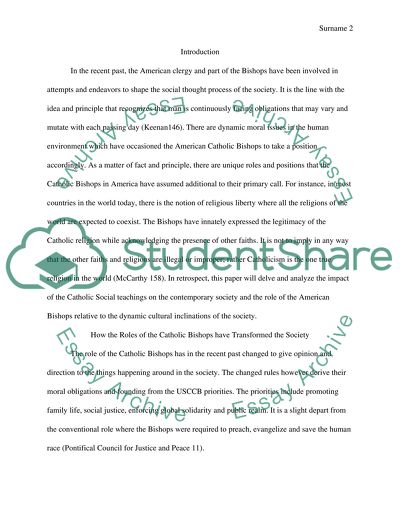Cite this document
(“Translating the CST Tradition Essay Example | Topics and Well Written Essays - 1500 words”, n.d.)
Translating the CST Tradition Essay Example | Topics and Well Written Essays - 1500 words. Retrieved from https://studentshare.org/religion-and-theology/1678214-translating-the-cst-tradition
Translating the CST Tradition Essay Example | Topics and Well Written Essays - 1500 words. Retrieved from https://studentshare.org/religion-and-theology/1678214-translating-the-cst-tradition
(Translating the CST Tradition Essay Example | Topics and Well Written Essays - 1500 Words)
Translating the CST Tradition Essay Example | Topics and Well Written Essays - 1500 Words. https://studentshare.org/religion-and-theology/1678214-translating-the-cst-tradition.
Translating the CST Tradition Essay Example | Topics and Well Written Essays - 1500 Words. https://studentshare.org/religion-and-theology/1678214-translating-the-cst-tradition.
“Translating the CST Tradition Essay Example | Topics and Well Written Essays - 1500 Words”, n.d. https://studentshare.org/religion-and-theology/1678214-translating-the-cst-tradition.


